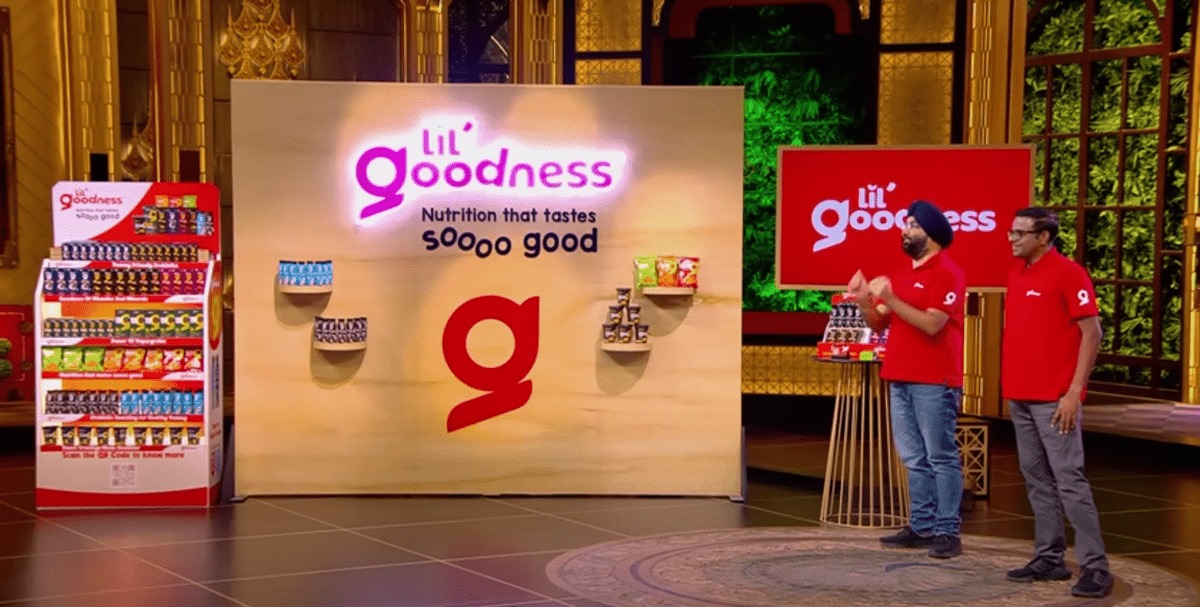Lil Goodness sells chocolates, milkshakes, puffs, and milk mixes. They make a total of ₹1.45 crores in sales revenue every month. Out of this, 60% of the sales come from chocolates, 20% from milkshakes, 15% from puffs, and 5% from milk mixes.
Now, let’s talk about how much money they make from each product and how much it costs to make them:
- Chocolates are sold for ₹20 each, and they bring in 60% of the total sales revenue. Lil Goodness makes a profit of 69% from selling chocolates.
- Milkshakes contribute 20% to the sales revenue, with a profit margin of 64%.
- Puffs make up 15% of the sales revenue, and they have a profit margin of 70%.
- Milk mixes only account for 5% of the sales revenue, with a profit margin of 59%.
- When we combine the profit margins of all these products, we get a blended profit margin of 66%.
Even though Lil Goodness makes a good amount of money, they also have expenses to cover. Every month, they spend a total of ₹1.56 crores:
- Cost of Goods Sold (COGS) is 47 lakhs, which is the cost of making the products.
- Logistics costs are 23 lakhs, for transporting the products.
- Marketing costs amount to 19 lakhs, for advertising and promoting their products.
- Salaries for the employees are 27 lakhs.
- Distribution costs are 12 lakhs.
- They also have one-off expenses of 25 lakhs.
Additionally, Lil Goodness has a monthly burn rate of 30 lakhs, which means the amount of money they are losing each month.





